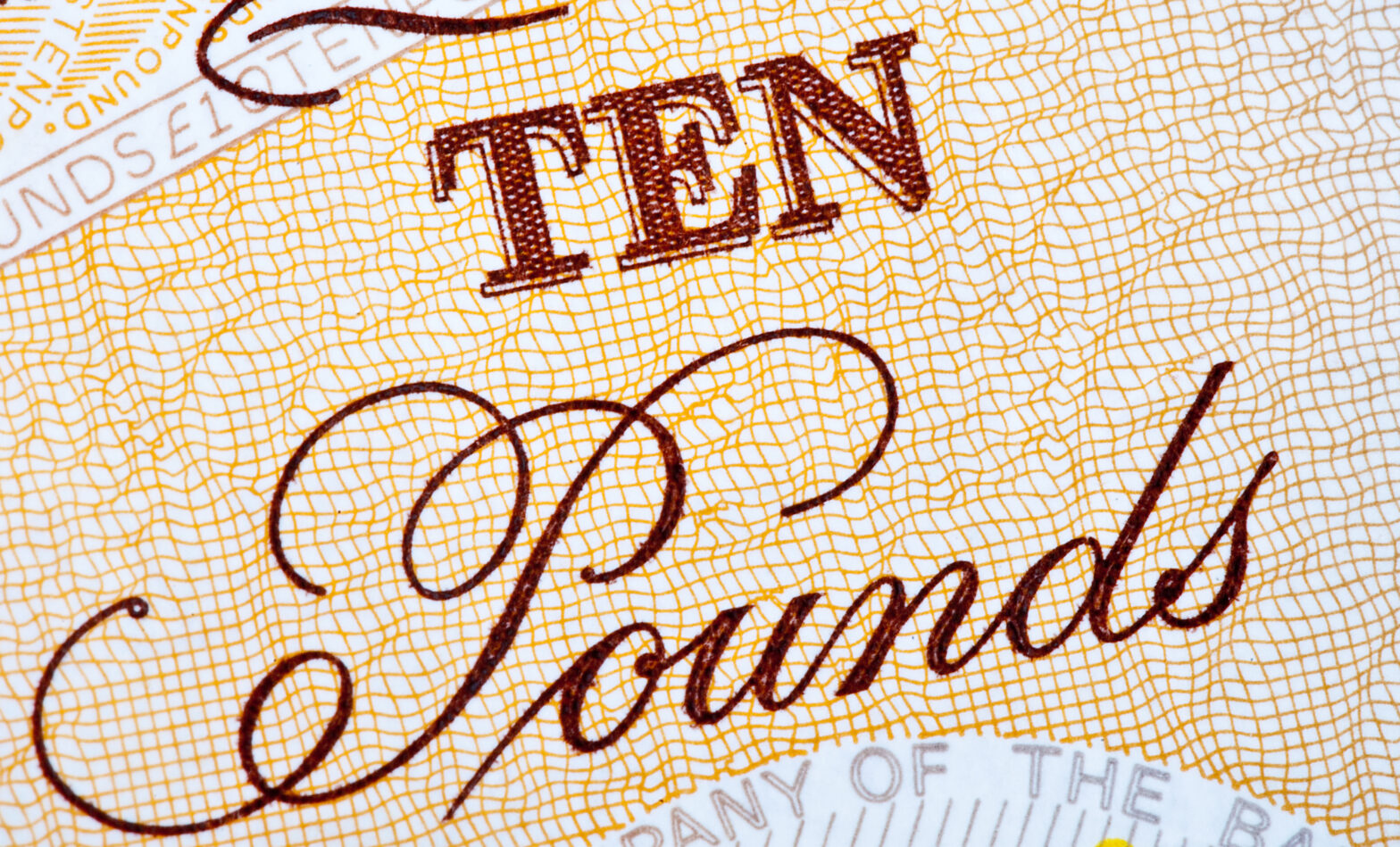In the current political whirlwind, education is a hot-button topic that is causing grief for all parties for a number of reasons. Long has the current education system needed a revamp; a change to the outdated ‘study for an exam’ mindset is called for in this modern, technology focused era.
Luckily for some students, there are opportunities to step out onto the bleeding edge and take advantage of business and finance education with the Tenner Challenge from Young Enterprise. The challenge provides a highly interactive way for students to develop key skills including creativity, resilience and problem solving, using real money to advance their own business ideas.
The idea is for students to be given £10 and a month to transform their business idea into a profit, which can then be kept by the students for their own personal gain or for improvements in their own community or charity.
CEO of Young Enterprise, Michael Mercieca believes that this challenge is a huge step in the right direction for the future of our education system, allowing students to learn vital skills in a real world, practical environment rather than theoretically in a classroom.
Mercieca says, ‘My blunt view is that in this day and age where technology and politics is rapidly changing, I don’t see why those basic work skills and financial education are not on the curriculum for children? Yes you may have financial education in secondary state school, but we still teach a victorian age type curriculum.
‘Judging people on how they answer an exam question and how their future can be affected by how well they answer that question, I just think is not right in this day and age.
‘I would say 50% of the curriculum should be the education we have now, but the rest of what children should learn should be based on these life and work skills like financial education because that is how the world works now.’
The debate for the future of our education becomes increasingly more important as Brexit looms ever nearer with each passing month. If it is negotiated that we leave the single market, interacting with the rest of Europe gets a whole lot more complicated for us, as tariffs on exports and imports rise, strangling businesses, and borders become harder to cross and visas become harder to acquire.
The young people of this country are going to be most heavily hit by this, as the restrictions on movements stifles opportunity. Prime Minister Theresa May has acknowledged that we are in the throes of a skills gap crisis, unable to train up staff in crucial roles across our entire infrastructure; from GPs and doctors, to engineers and information technicians, our education system is unable to keep up.
In light of this, we take a look at what the future of our education might look like if we are to plug this gap.
Empowerment

A major trait of the millennial generation is an enhanced sense of entitlement and expectation from the world. It is often said that young people demand more and want to be given the power themselves to change what they want, rather than to sit and watch someone else do it.
Giving the power to students early on to decide where they want their education to go will allow them to shape their journey and break away from the conventional conformity we currently have.
You might baulk at the idea of giving all that planning and decision to teenagers, but Mercieca has faith in them. He says, ‘I took the time out of my social and educational life to play football and learn the guitar, but kids now want to take the time out to achieve online status, build a business and advance their social profile.
‘This fundamental change has already happened. Millennials don’t necessarily want to own a car or buy a house and they might not necessarily want to take exams in physics, but they might want to be given the chance to be creative and innovate their own ideas on how to make an impact on the world.
‘I think many children are very environmentally and socially conscious and if you give them the chance to make a difference, they will take hold of it with both hands.’
Modernisation

The quality of education and the schools we have is not up for debate here; 1.4 million more children are in ‘good’ or ‘outstanding’ schools compared to 2010 – but there are still areas of underperformance around the country. Rather, a shift from the thinking that every student can be categorised and assessed against one another will drive forward opportunities for different career paths.
Most students are encouraged to take part in further education at university, but it could be argued that many are not suited to this. Opportunities like the Tenner Challenge might open up a door, or spark a great idea in a student that might otherwise be tumbling down the wrong route.
Technology

The education system has already adapted to the shift in technology, encouraging students to learn coding and technical management, but there is still opportunity to take this a step further with finance and life skills.
Mercieca envisages schools teaching students about how to apply for a bank loan, or advanced lessons in business taxes and balancing the books, giving pupils a chance to learn these skills before they get out into the world, equipped with the tools to shape our nation for the better post-Brexit.






